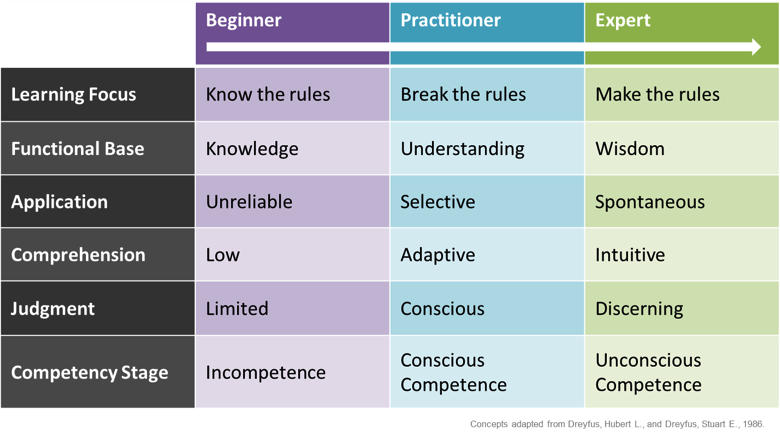Ideas for When You Start a Mentoring Program
When I took over as President and CEO of my company more than a decade ago, I did not know very much about running a business. My background up to that point was in organizational design and development, leadership development, and training. I did not know much about the day-in and day-out tasks of managing a business, but I was about to learn very quickly.
I surrounded myself with experts from all areas of business, creating a personal network of advisors (or mentors if you prefer). I worked with and learned from people who taught me about finance, sales tactics, operations, marketing, and so on. I was fortunate to have a vibrant network of professionals around me that I could tap into as needed. One critical factor to my success was knowing the right type of person to reach out to for information and insights. By this, I don’t mean that I looked at personality type or how well we got along; I mean that I looked at what level of expertise the person had and chose the correct level to suit my needs.
Often, when people think about having a mentor or advisor, they think about connecting with the smartest, most advanced professional possible. This is a mistake. The best mentor for you depends on where you are in the learning continuum (see Figure 1). If you are a beginner, an extreme expert would not be an ideal mentor for you because of the distance between you in terms of how they comprehend and apply their craft. A beginner is better suited to connect with someone who is one or two steps above them in terms of skills, possibly a late beginner or an early practitioner. People at those levels would still be new enough to the skill area you are trying to learn about that they would remember what it’s like to be a beginner and have tips and tricks to share (ones that experts have since forgotten). For practitioners, the expert range may be the perfect match because they can help move you to the next level and help show you how to spontaneously apply your craft and turn knowledge into wisdom.
Figure 1. The Learning Continuum

For those in charge of running mentoring programs, viewing your experts along this learning continuum can result in you having more potential mentors in your pool than you ever thought possible. You no longer have to rely on your extreme experts to be your only mentors. You can begin to view everyone as mentor material, even your more seasoned beginners. Using the continuum will allow you to save your experts for those who could really use their wisdom.
Lastly, it is critical to point out that you should not look for just one mentor; you should surround yourself with an entire network of advisors that you can reach out to for various learning needs. And as you build your skills in different areas, you should begin giving back to those around you as a mentor and advisor. This will not only help those who want to learn from you, but it will also help you grow further in your skill area as you put conscious thought into sharing with someone how and why you do what you do.
Want to learn more about mentoring networks? Read Randy Emelo’s new book, Modern Mentoring, available now from ATD. (Also available on Amazon.)








